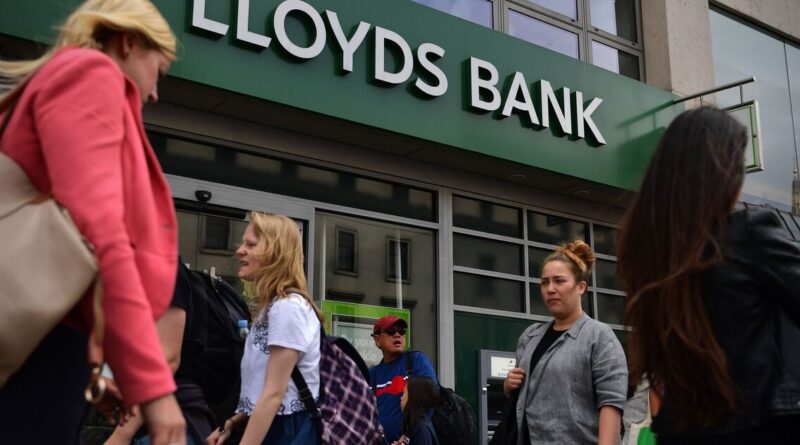Lloyds Bank warns customers of cruel scam costing victims up to £1,700 | Personal Finance | Finance
Lloyds Banking Group has issued a stark warning about purchase scams after Oasis fans were found to have collectively lost more than £2million. Purchase scams happen when someone is tricked into sending money by bank transfer to buy goods or services that do not exist.
Lloyds said ticket scams often involve fake adverts, posts, or listings on social media offering tickets at discounted prices or access to events that have already sold out at inflated prices. Liz Ziegler, fraud prevention director at Lloyds, said: “The Oasis tour is the latest target for ticket scammers, with millions of pounds of fans’ money stolen before the gigs even kick off. The fact that so many cases start with fake listings on social media, often in violation of the platforms’ own rules, underscores the importance of these companies taking stronger action to tackle scams.”
Based on the volume of fraud reports from Lloyds customers, Oasis fans make up more than half (56%) of all reported concert ticket scams this year, losing £436 on average. The biggest amount lost in a single transaction so far exceeded £1,700.
According to the banking giant, victims lost around £200 more to criminals pretending to sell Oasis tickets than any other concert.
People aged 35 to 44 are the most likely to be scammed, making up nearly a third (30%) of all cases. Edinburgh, Warrington, and Manchester have the highest number of scam victims, making up a quarter (25%) of cases.
The analysis was based on concert ticket purchase scams reported by Lloyds Banking Group customers, including customers of Lloyds Bank, Halifax and Bank of Scotland, where Oasis was referenced as part of the claim, between August 2024 and March 2025.
However, the bank warned that more could be yet to come, as scams often happen in two waves: the first when tickets are released for sale and again as the event date approaches. This means the number of victims could rise in the lead-up to summer when the two brothers first take to the stages on their world tour.
Ms Ziegler said: “Buying directly from reputable, authorised retailers is the only way to guarantee you’re paying for a genuine ticket. If you’re asked to pay via bank transfer, particularly by a seller you’ve found on social media, that should immediately set alarm bells ringing.”
Here are some tips from Lloyds for buying tickets safely:
- Stick to trusted retailers: Buy tickets from reputable, official platforms. Be cautious when dealing with third-party sellers.
- Take care on social media: Fraudsters can easily create fake ads, even using images of real tickets.
- Consider whether a “bargain” is too good to be true: If a ticket is being sold at an unusually low price or for a sold-out event, this is a red flag. Consider whether the deal seems realistic.





